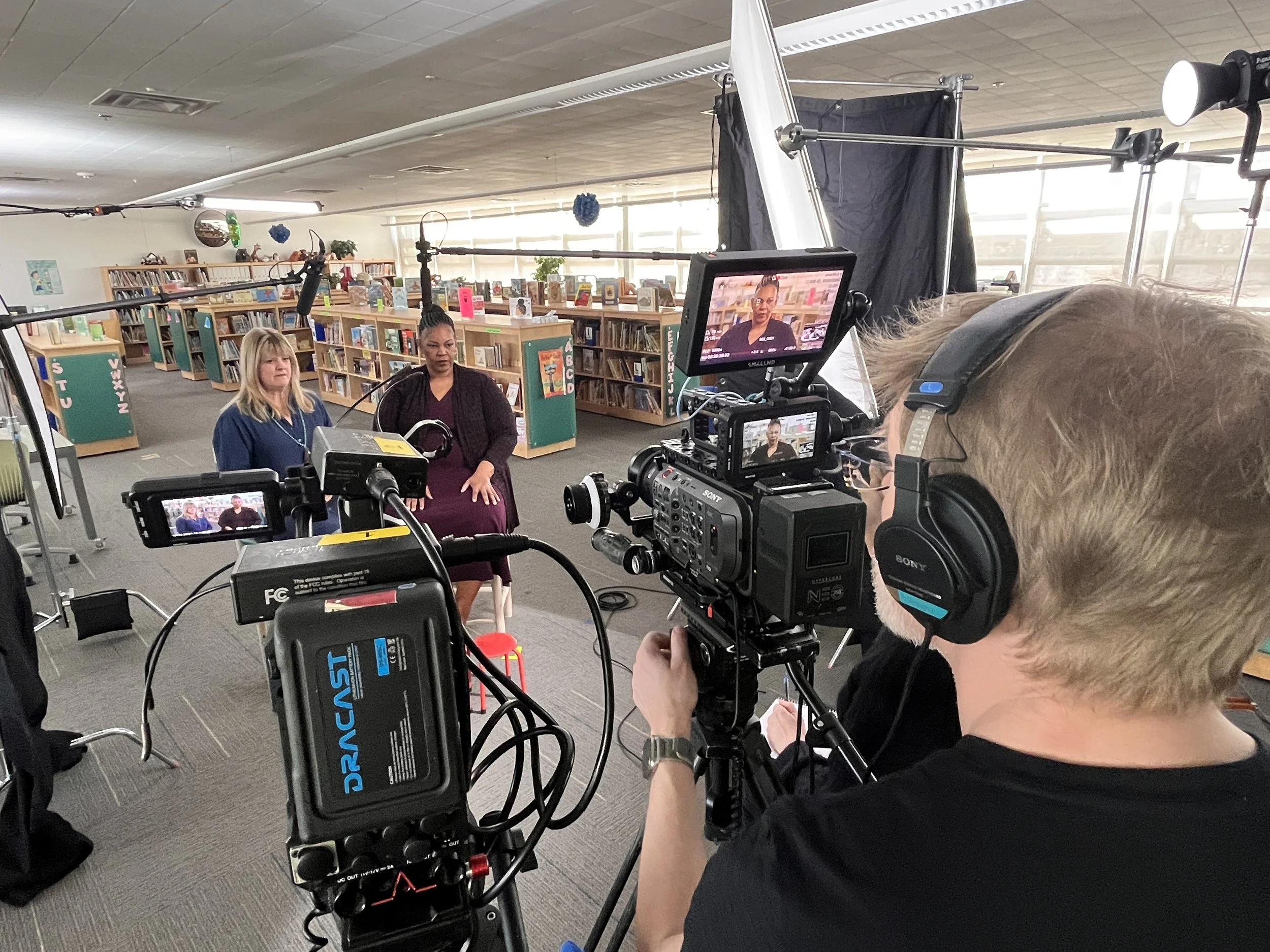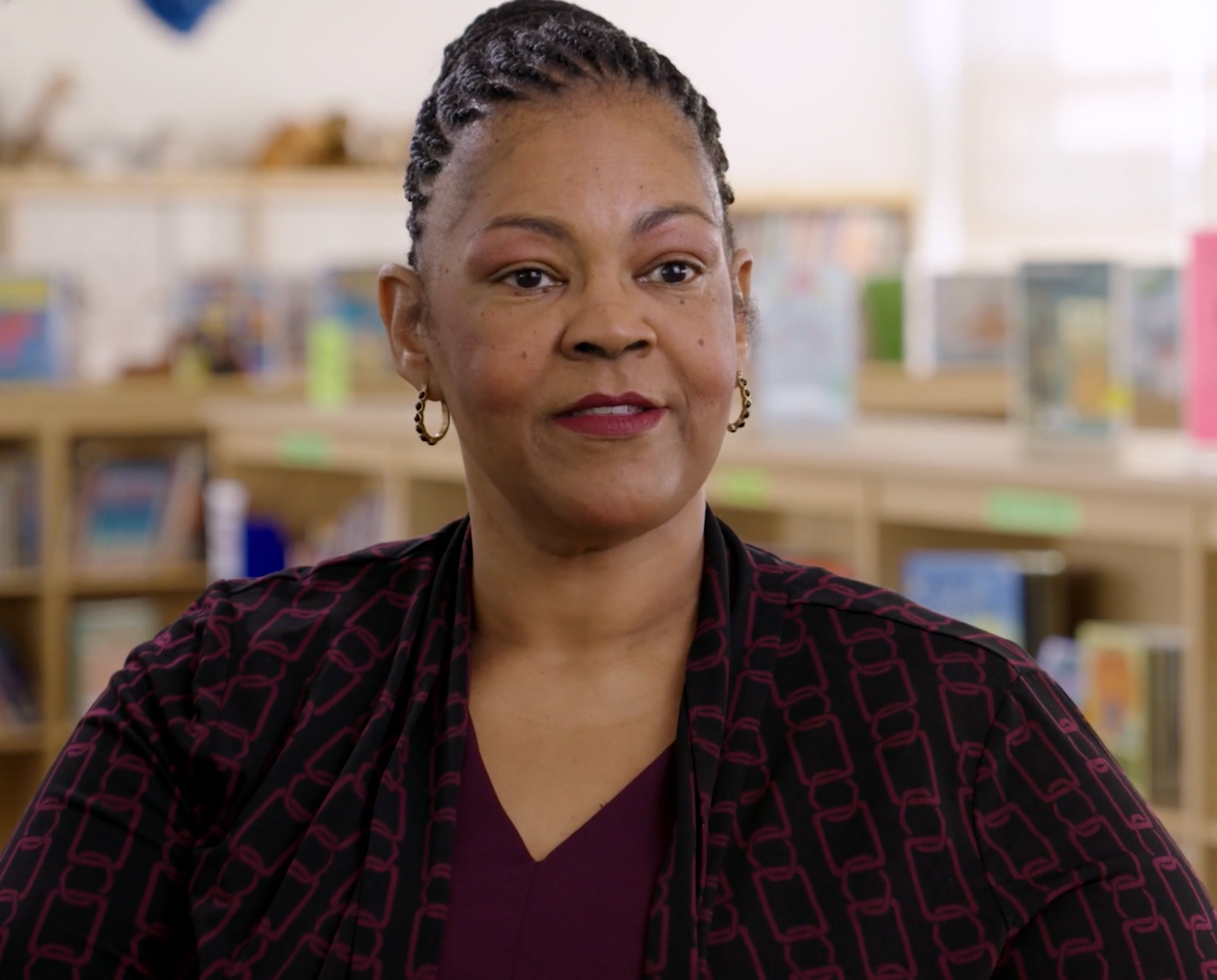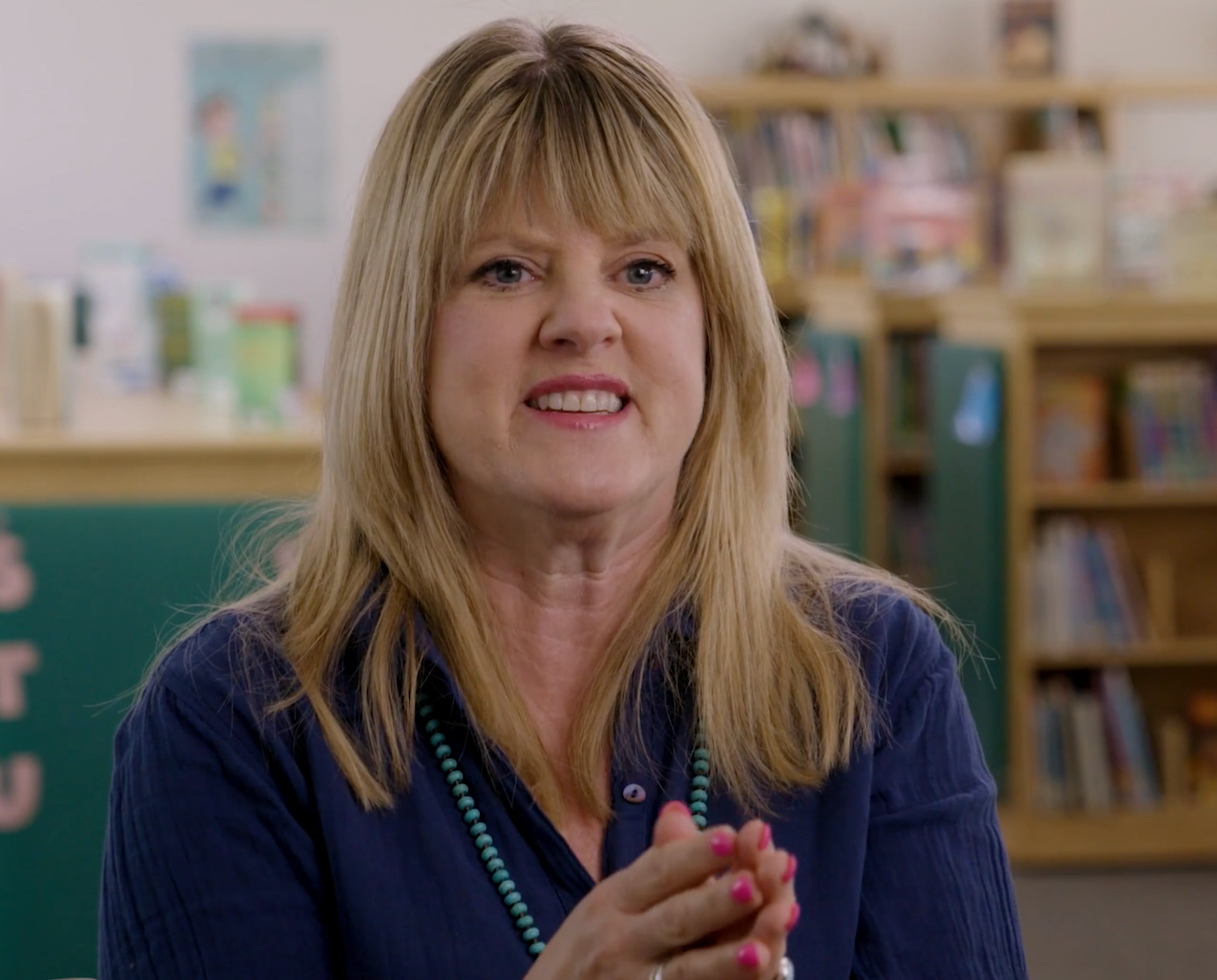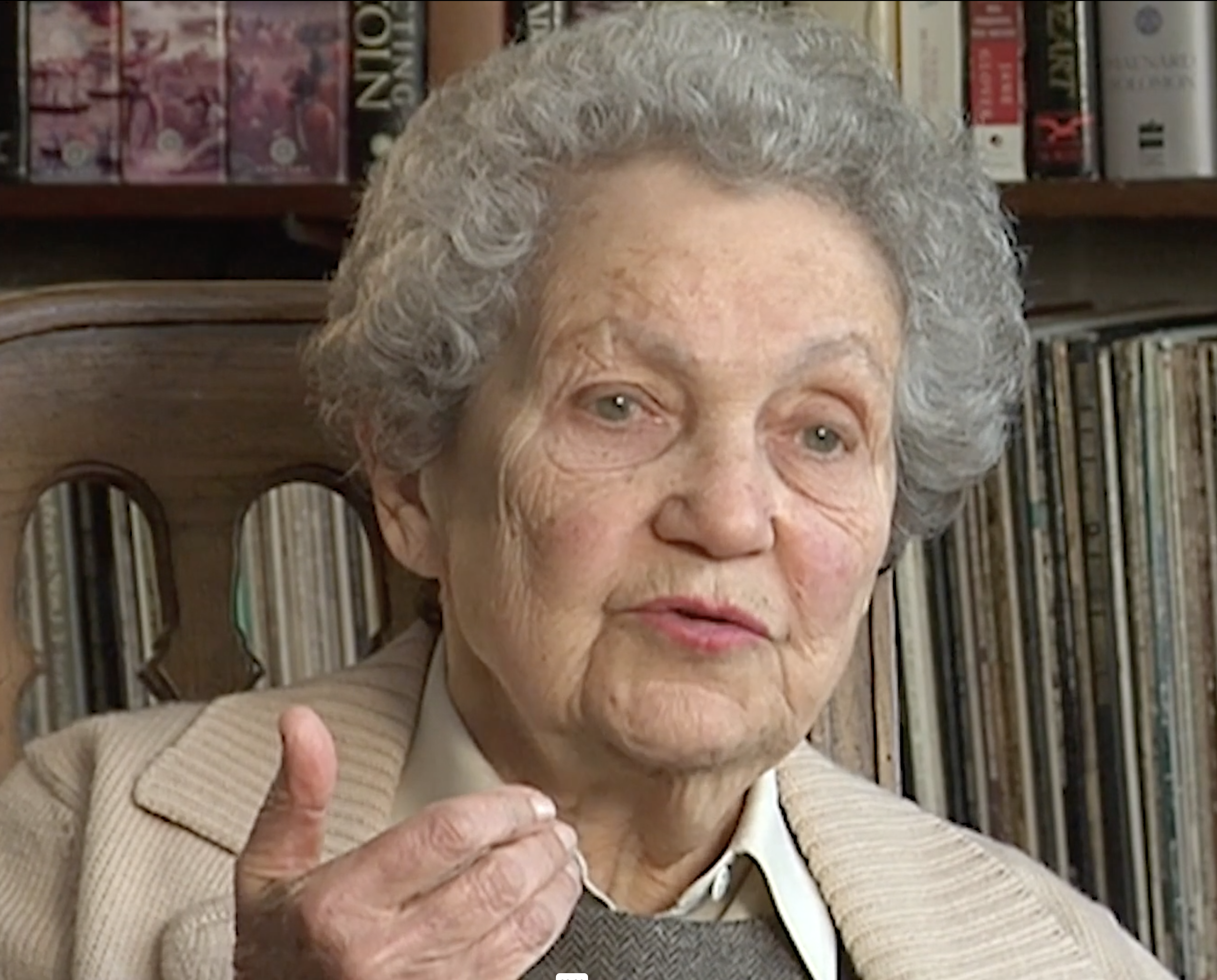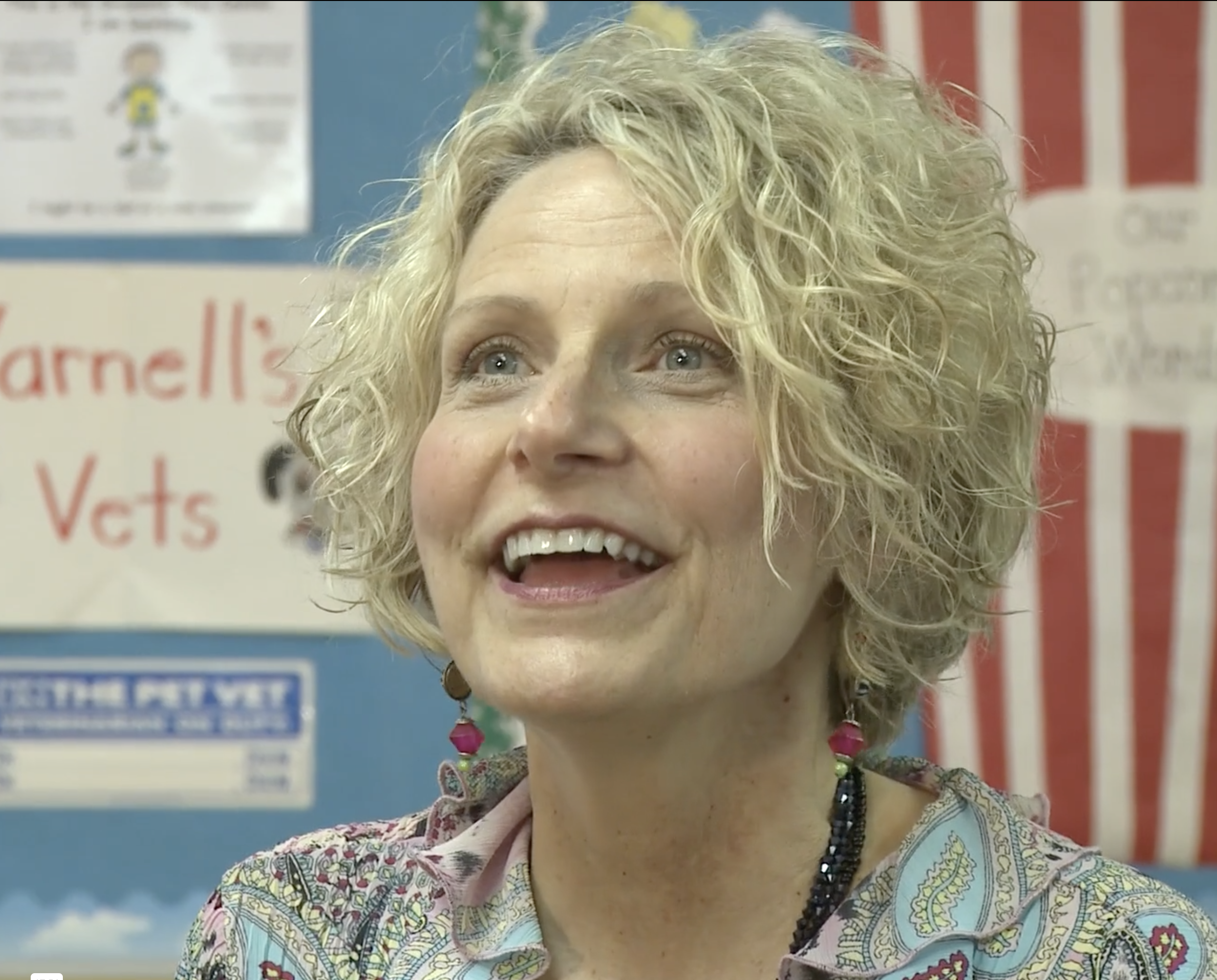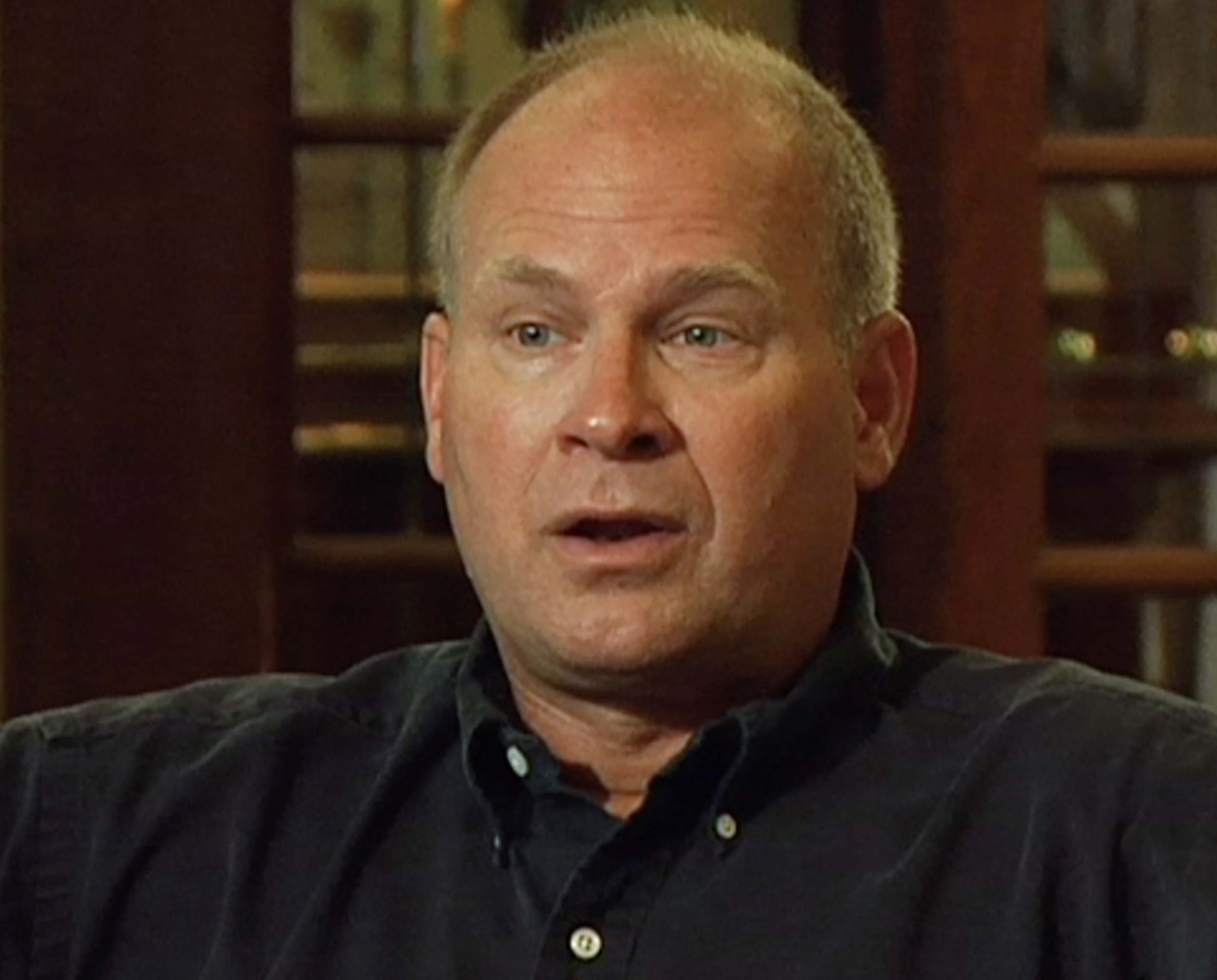Adrienne Carter-Sowell, Ph.D.
is the Director of Oklahoma University’s “First Year Experience course: Gateway to Belonging” and is a faculty member in the Department of Psychology in both the Social and Industrial-Organizational Programs. As a Social and I/O Psychologist, Dr. Carter-Sowell evaluates and addresses the costs of being "professionally and/or socially invisible". In addition to expanding her scholarly research work and carry out STEM centered projects funded by the National Science Foundation (NSF), Dr. Carter-Sowell will also develop, implement and oversee an inaugural course to the General Education curriculum. She endorses a teaching philosophy that all students learn differently. She varies her methods of teaching and forms of assessments so that students are engaged, included and increasingly educated scholars throughout the term.
—
“That feeling of not fitting in and not belonging is something that is contagious and very hard to forget. It follows those students from one situation to the next.”
Taylor & Francis: When Pain Does Not Heal: The Common Antecedents and Consequences of Chronic Social and Physical Pain
Amanda Harrist, Ph.d.
is an emeritus professor at Oklahoma State University’s Dept. of Human Development & Family Science and continues to work with OSU’s Center for Family Resilience in her retirement. Her research centers on the development of children’s social competence, specifically the antecedents of children competence and maladjustment in the early school years. She has studied the impact of parenting at home and peer rejection at school, examined both naturalistically and in the laboratory. She is interested in interventions for children at risk in early school settings, and has pursued this via several funded projects, including a 12-year longitudinal study of the social and emotional contexts of child obesity funded by the U.S. Department of Agriculture, and the National Institutes of Health. She recently co-authored a textbook called Parenting: A Dynamic Perspective (4th ed.), published by Sage.
—
“If a child doesn’t feel like he or she belongs in the classroom, especially in the early years like kindergarten and first grade, you’re not gonna learn. A lot of learning in those early years is in the group and it’s through play.”
Forbes: Fat Shaming Starts Early as Evidenced by “Stuff Curry”
Teen Vogue: Body Shaming Starts Disturbingly Early
Vivian Paley (1929-2019)
is the only kindergarten teacher ever to be awarded the MacArthur Foundation's "genius" grant. In her book You Can't Say You Can't Play, she explains how teacher-sanctioned rejection affects children, offering a creative and inspiring blueprint for bringing dignity and respect to the early childhood classroom. She taught for forty years at the University of Chicago Lab School and authored thirteen books about child development in the classroom published by Harvard University Press and University of Chicago Press. Over the course of her career, she received numerous awards including the Erikson Institute Award for Service to Children and the American Book Award for Lifetime Achievement and named Outstanding Educator by the National Council of Teachers of English.
—
“A good community in a school must be a good home for the least favored in the group. No one feels safe otherwise.”
Harvard University Press: You Can’t Say You Can’t Play
New York Times: My Son Refuses to Play With an Outcast. Does That Make Him a Bully?
New York Times: Vivian Paley, Educator Who Promoted Storytelling
TERRY VARNELL
“MISS VARNELL”, now retired, was a kindergarten teacher at the Will Rogers Elementary School in Stillwater, Oklahoma for 32 years and received numerous accolades including finalist for “Oklahoma Teacher of the Year.” Her classroom and students used Vivian Paley’s rule of “You Can’t Say You Can’t Play” as a way to create a foundation of social inclusion and acceptance.
—
“If they're ostracized, if they are made fun of, if they are left out, they can't learn in my room. There's no room for that. They're feeling all those feelings and they will not come as far. I believe that, I've seen that.”
Stillwater News Press: Love is Key for Varnell
KIPLING WILLIAMS, PH.d.
is a Distinguished Professor Emeritus of Psychological Sciences at Purdue University, and widely recognized as the world’s leading authority on the topic of ostracism and social rejection. His studies indicate that the initial reaction to social rejection is pain, which is similarly felt by all individuals regardless of personality or social/situational factors. He is the author of Ostracism: The Power of Silence and the editor of nine books. He has published over 140 articles and chapters in Science, Scientific American-MIND, Psychological Science and other leading journals. He has received funding from the Australian Research Council and the National Science Foundation, and he was a 2012 Lorentz Fellow of the Netherlands Institute for Advanced Studies.
—
“Once you've had social pain, in the form of ostracism, or betrayal, or loss … every time you think about it again—five years from now, 10 years from now, 20 years from now—if you think about it in a deep way you're going to feel that pain all over again.”
The Atlantic: “What You’re Saying When You Give Someone the Silent Treatment.”
The New York Times: “This Habit Is Quietly Ruining Your Relationships.”
Scientific American: “The Pain of Exclusion”
